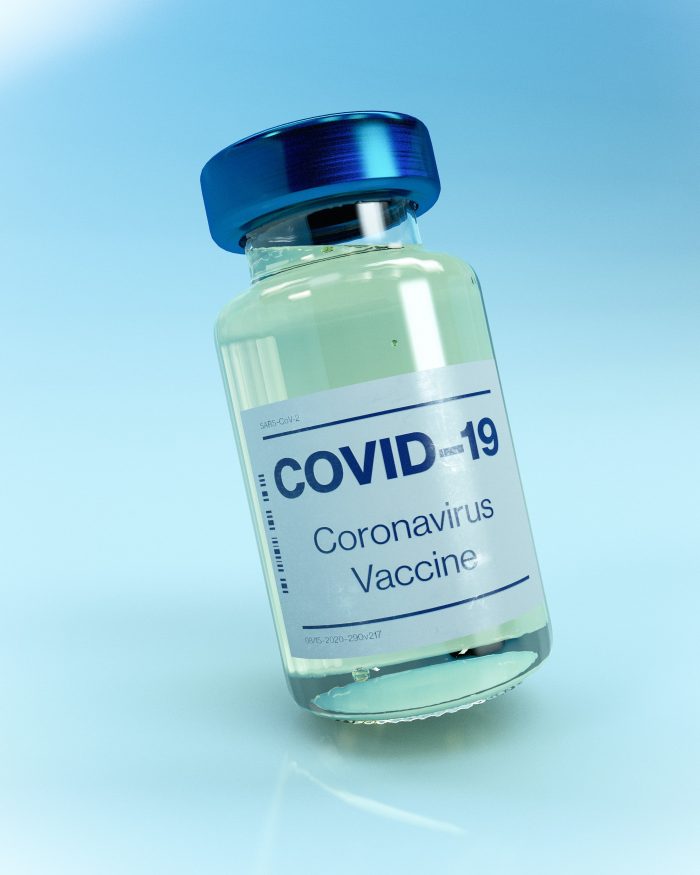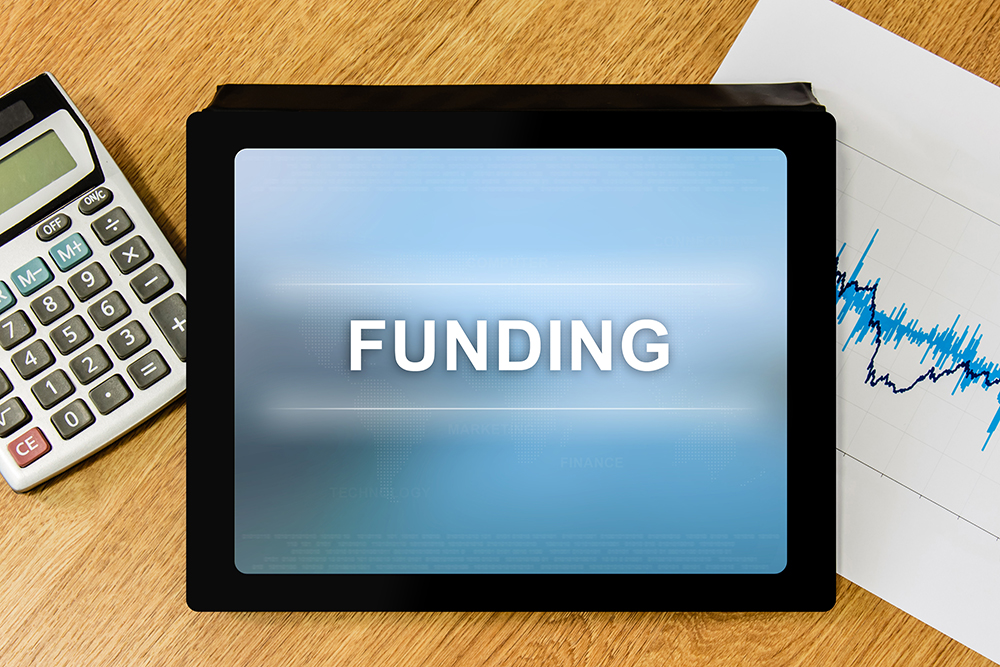House Republican and Democrat Caucuses Name 2021 –2022 Legislative Session Chairs
Capitolwire: A Wild First Day of the PA Senate’s 2021– 2022 Legislative Session
Capitolwire: PA House Starts New Session in Challenging Period
PA Assistive Technology Foundation Webinar – Money Mapping: A More Flexible Way to Budget
Wednesday, January 20, 2021
1:00 pm – 2:00 pm
Money impacts nearly all aspects of our lives – where we live, what we eat, how we get around, the way we spend our free time, and our health to name a few. Money mapping, like budgeting, is a way to gain control over your money and meet your financial goals. Unlike budgeting, however, money mapping is designed to be a flexible and ongoing process that will help you reroute when life changes.
In this webinar, Holly Zugay, CFP® of Pennsylvania Housing Finance Agency, will lead attendees through the process of creating a money map and discuss ways you can use it to manage your finances and achieve your goals. Jill Gromen of JEVS Human Services will share her personal experience with using money mapping with young adults with disabilities. Attendees will also hear from a JEVS Money Club program participant who will share firsthand experience in using the money-mapping process to become more financially independent.
Attendees will learn:
- Why setting goals is important;
- How you can set SMART financial goals;
- What you can accomplish by mapping your money;
- How to create and use a money map; and
- Practical applications of money mapping for individuals with disabilities.
Learn more and register here.
For questions or help with registration, please contact Megan Bolin at 888-744-1938.
Join us and gain the tools you need to have an impact!
Each Money Talks webinar hosted by the Pennsylvania Assistive Technology Foundation will provide information and resources to handle the unique financial issues that impact individuals with disabilities, including new challenges that have arisen as a result of the COVID-19 pandemic. If you are a person with a disability, a family member of someone with a disability, an advocate, an educator, or a service provider, this series is for you. Each session will be fully accessible, and recordings, transcripts, and slides will be made available.
2021 Annual Update to Therapy Code List
January 5, 2021 MLTSS Subcommittee Documents
Statewide Provider Partnership Sends OVR Alert
In January of 2020, dozens of Community Rehabilitation Providers (CRPs) from across the state met with Office of Vocational Rehabilitation (OVR) Executive Director Shannon Austin and key members of OVR’s central office team in Harrisburg. The meeting consisted of candid and honest conversation regarding many areas of concern in providing services to OVR clients, including policies and procedures, funding and rates, and lack of consistency in communication and authorization of services by OVR.
OMHSAS Releases Statement on IBHS 1:1 Services
The Pennsylvania Department of Human Services (DHS) Office of Mental Health and Substance Abuse Services (OMHSAS) is committed to ensuring that children, youth, and young adults receive appropriate behavioral health services to meet their individual needs and that they do so in settings that provide the best opportunity for accomplishing their documented treatment goals.
Federal Agency Says Employers Can Mandate COVID-19 Vaccine















